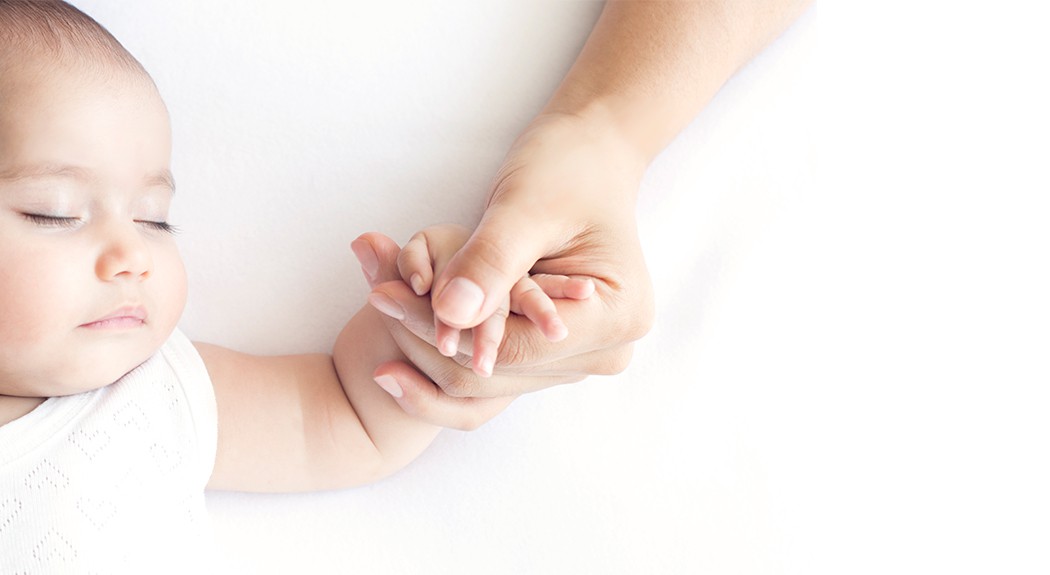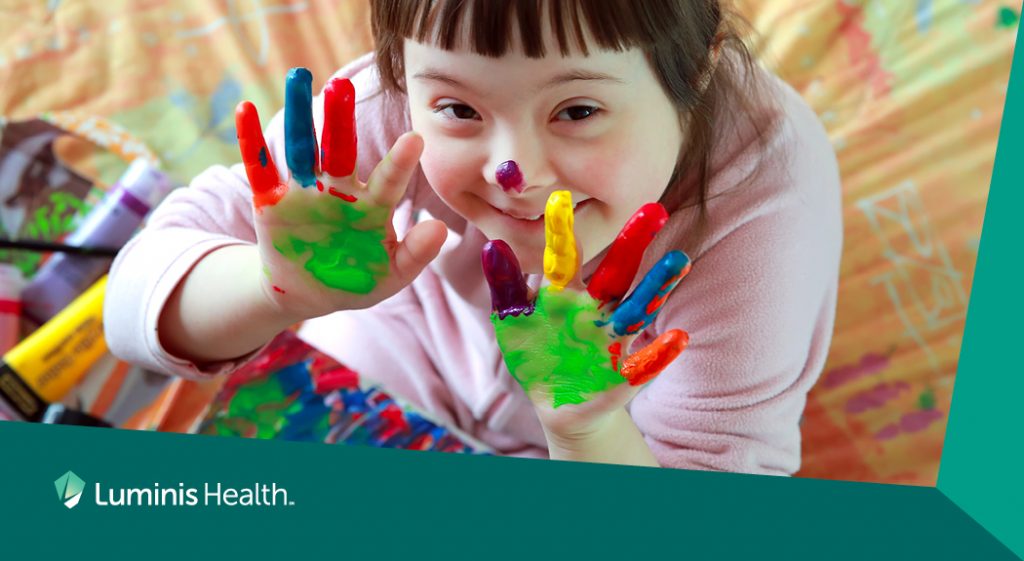There is no shortage of decisions to make when you’re preparing for a new baby. And some of the most confusing can be around the ‘equipment’ you purchase. Which car seat is best? What stroller should you use? What size do you need? And recently, more and more parents consider the purchase of wearable, infant sleep monitors. But are they necessary?
At-home cardiorespiratory monitors, also called apnea monitors in some instances, have been on the market for more than 30 years. But they haven’t always been widely available — or as heavily marketed — as they are today.
These monitors were first released with the hope to prevent sudden infant death syndrome (SIDS). However, studies have not shown these monitors prevent SIDS in infants. In fact, the American Academy of Pediatrics (AAP) does not recommend home cardiorespiratory monitoring.
According to the AAP, doctors may prescribe home cardiorespiratory monitoring for premature babies who have a high risk of recurring apnea, bradycardia and hypoxemia after they leave the hospital. However, doctors often treat infants diagnosed with apnea in the hospital, and may not discharge them until their condition improves.
“When babies are sent home on monitors, parents are often relieved. It makes them feel more secure. After about a week, though, they’re ready to throw the monitor out of the window because false alarms are driving them crazy,” says the AAP in a recent article on apnea monitoring.
False alarms are usually set off by abdominal breathing or by a loose belt or incorrectly placed monitor leads. The frequency of false alarms tends to increase as a baby grows older and becomes more active. Ignoring the alarms or assuming they’re false can be potentially dangerous.
AAP guidelines released in 2016 say parents and infants should share a room — but not a bed— for the first year of baby’s life. For the safest sleep environment, you should put your baby to sleep on his or her back in a crib or bassinet without any blankets, bumpers, toys or monitors. The best way to track your baby is often with your own eyes.
Key Takeaways:
- There’s no real evidence that over-the-counter breathing monitors keep infants safer.
- Monitors can cause more worry than good.
- For the safest sleep, you should follow the ABCs of safe sleep, which are




